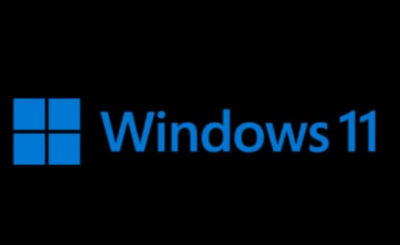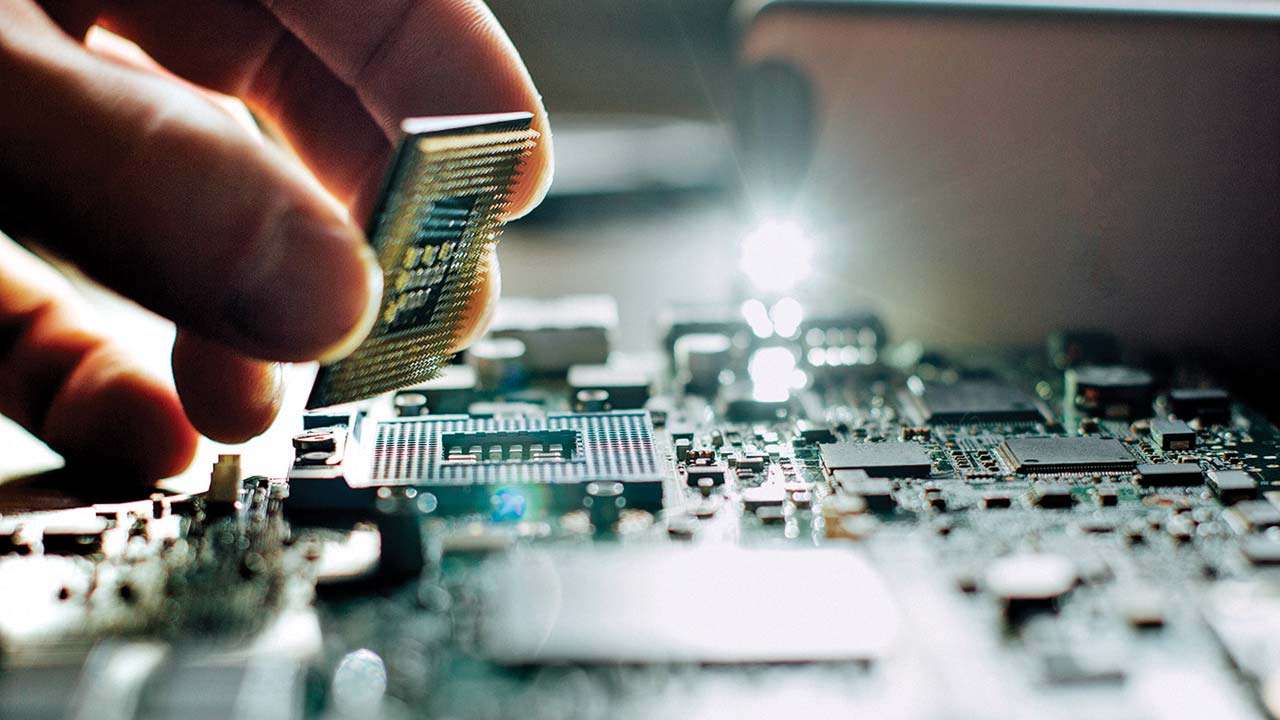
In the rapidly evolving landscape of embedded systems, the demand for modular and scalable solutions has never been more crucial. Enter the System on Module (SoM) with Open Standard Module (OSM), a groundbreaking approach poised to revolutionize the way developers design and deploy hardware. This innovative standard addresses the challenges of rapid product development and time-to-market by enabling seamless integration of various components into a single, compact module. OSM not only enhances interoperability among different manufacturers but also fosters a collaborative ecosystem that encourages innovation and reduces costs. As industries increasingly seek flexible and efficient solutions that can adapt to changing technological demands, the OSM standard emerges as a pivotal player in the realm of system design. This article delves into the key features and advantages of SoM with OSM, exploring how this new open standard is set to transform the embedded systems market. By emphasizing modularity, compatibility, and ease of use, the OSM paradigm not only streamlines the development process but also empowers engineers to focus on what truly matters: creating cutting-edge applications that drive the next wave of technological advancement. Join us as we explore the implications of this exciting development for the future of embedded systems.
Geniatech: Innovating Industrial IoT Solutions
Based in the Shenzhen International Innovation Valley, Geniatech is a pioneering manufacturer specializing in industrial IoT and embedded solutions. With years of experience, the company has honed its expertise in developing cutting-edge technologies that address the evolving needs of various industries. Their commitment to innovation is evident in their diverse range of products, which includes high-performance system on module solutions designed to streamline and enhance industrial applications.
The introduction of the OSM open standard module signifies a major advancement in modular design, enabling greater flexibility and scalability for developers. By adopting this open standard, Geniatech empowers businesses to integrate advanced functionalities into their IoT ecosystems with ease, ultimately reducing time-to-market and fostering collaboration across platforms. This strategic move not only solidifies Geniatech’s position as a leader in the industrial IoT landscape but also paves the way for a more interconnected and efficient future in smart manufacturing and automation.
Understanding the Concept of System on Module
A system on module is a compact, integrated solution that combines essential components of a computing system onto a single board, including a processor, memory, and interfaces. This design approach allows for the rapid development of embedded systems by simplifying the hardware design process while maintaining high performance and reliability. By utilizing a system on module, developers can focus on software and application development instead of spending extensive time on hardware integration, significantly accelerating the product development lifecycle.
The emergence of the OSM open standard module further enhances the appeal of this approach, as it promotes interoperability among various platforms and manufacturers. This open standard encourages innovation and collaboration, enabling developers to choose from a wide range of compatible modules that can be integrated seamlessly into their projects. By leveraging this technology, businesses can tailor their solutions to meet specific requirements while benefiting from the collective advancements made within the industry.
Benefits of OSM Open Standard Module
The adoption of the OSM open standard module offers substantial advantages, particularly in the realm of versatility and scalability for embedded applications. By relying on an open standard, developers gain access to a diverse ecosystem of modular components that can be easily swapped or upgraded, ensuring longevity and adaptability in the rapidly evolving technology landscape. This modularity not only reduces the risk of vendor lock-in but also allows companies to customize their solutions according to specific project requirements, streamlining the development process.
Moreover, the OSM open standard module fosters a collaborative environment among manufacturers, which contributes to accelerated innovation and reduced costs. With shared specifications and a common framework, developers can benefit from collective advancements in technology and design, while also enjoying a reduction in time-to-market for their products. As a result, businesses can remain competitive and respond swiftly to market demands by integrating state-of-the-art features that may not have been feasible with proprietary solutions. This synergy between flexibility and efficiency embodies the transformative potential of the OSM open standard module in the embedded systems landscape.
Key Features of Geniatech’s OSM
Geniatech’s OSM exemplifies cutting-edge innovation within the system on module landscape, incorporating a robust architecture designed for high performance and efficiency. The module integrates a range of powerful processing options, memory configurations, and connectivity features, enabling seamless integration into a variety of embedded applications. Its compact form factor ensures that users can maximize space while still achieving superior computational capabilities, making it ideal for industrial IoT solutions as well as consumer electronics.
Additionally, the OSM from Geniatech is built with a focus on longevity and reliability, essential for mission-critical applications in challenging environments. The adherence to open standards facilitates a high degree of customization, allowing developers to tailor the module to meet specific functional requirements. Furthermore, Geniatech provides comprehensive support and documentation, ensuring developers can efficiently navigate the integration process and leverage the full potential of their system on module solutions.
Future Trends in Module Development
The landscape of module development is poised for transformative advancements, driven by the increasing demand for versatility and scalability in embedded systems. One key trend is the growing emphasis on open standards, such as the OSM framework, which fosters interoperability among various devices and platforms. This shift not only simplifies the integration process but also enables developers to quickly adapt to changing market requirements, thus accelerating the time-to-market for innovative solutions. Additionally, there is an increasing focus on creating modules that support advanced features like AI and machine learning capabilities, which are becoming essential components in industrial IoT applications.
Another significant trend is the transition towards more energy-efficient designs, as sustainability becomes a pressing concern across industries. Future system on module developments are likely to prioritize power management, allowing for longer operational lifespans and reduced environmental impact. With advancements in semiconductor technology and manufacturing processes, modules will not only become more compact but also deliver higher performance while consuming less power. This evolution, together with the integration of advanced connectivity options such as 5G and edge computing, is set to redefine the capabilities of embedded solutions, enabling a new era of intelligent and responsive devices.
In conclusion, the introduction of the Open Standard Module (OSM) marks a significant advancement in the realm of embedded systems, and Geniatech stands at the forefront of this transformation. As an innovative and experienced manufacturer based in Shenzhen International Innovation Valley, China, Geniatech is committed to delivering cutting-edge solutions that cater to the evolving needs of industrial IoT applications. The OSM not only streamlines the development process but also promotes interoperability and flexibility, allowing businesses to adapt swiftly to technological changes. As the industry embraces this new standard, Geniatech’s expertise and forward-thinking approach position them as a key player in shaping the future of embedded systems. This revolution in modular design will undoubtedly facilitate enhanced collaboration and drive innovation across various sectors.










